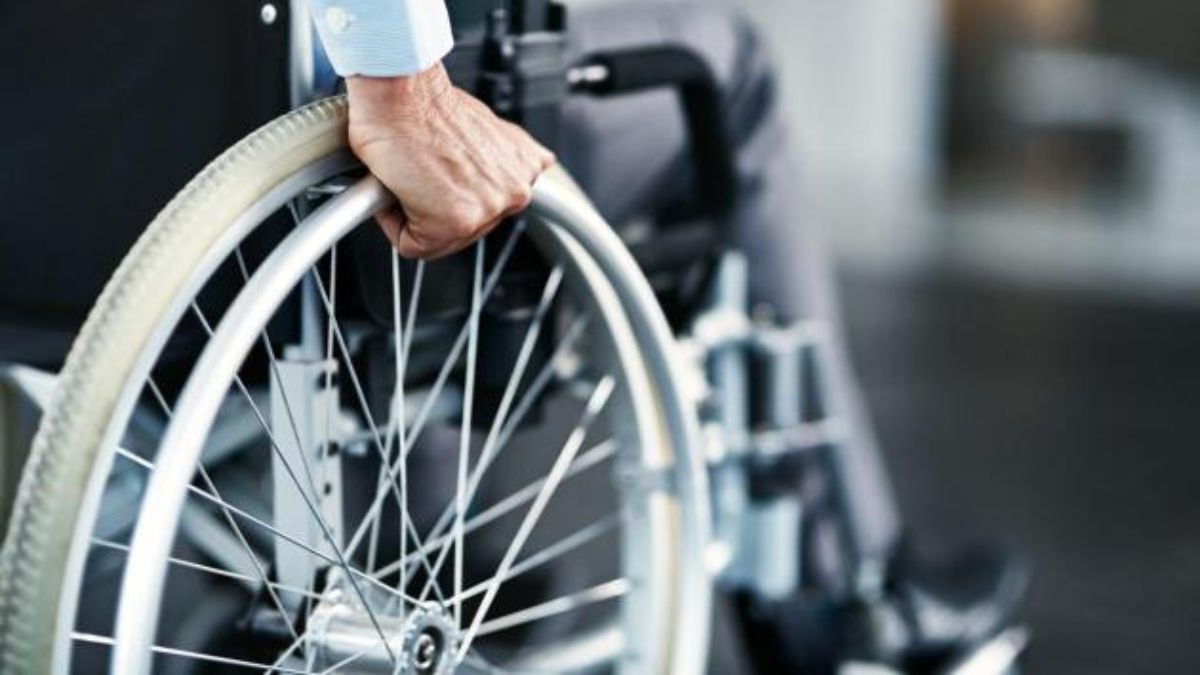Retirement incomes in the UK are set for a meaningful uplift in 2025, as the Department for Work and Pensions (DWP) prepares to deliver a £538 pension boost for millions of retirees. This increase, shaped by the triple lock guarantee, comes at a time when pensioners continue to face rising household bills, soaring food prices, and growing healthcare costs.
But how exactly does the £538 rise work, who qualifies, and when will payments land? Here’s a detailed breakdown of what pensioners need to know heading into the 2025–26 financial year.
What Is the £538 Pension Boost?

The £538 figure reflects the average annual uplift expected in State Pension payments during 2025, driven by the triple lock system. Under this mechanism, pensions rise each year by the highest of inflation, average earnings growth, or 2.5%.
For those on the full new State Pension, the increase could amount to around £538 across the year. Pensioners on the basic State Pension will also see a boost, although the exact sum depends on their contribution history and entitlements.
In some cases, the additional amount may be spread across weekly instalments. In others, pensioners may notice the higher annual figure quoted by DWP in official communications
Why the Triple Lock Matters in 2025
The triple lock policy is designed to protect pensioners’ incomes from being eroded by inflation. After years of high price growth, wage increases, and economic uncertainty, this system ensures that retirees share in the country’s broader economic gains.
In 2025, both wage growth and stubbornly high inflation are expected to drive a larger-than-usual increase, which has resulted in the much-publicised £538 figure.
However, debates around the long-term affordability of the triple lock remain alive in political circles. For now, pensioners can count on its protection at least through the 2025–26 year.
Eligibility Criteria for the Pension Boost
Not all pensioners will automatically receive the same increase. To qualify for the full £538 boost, you generally need to:
- Be in receipt of the full new State Pension or basic State Pension.
- Have a sufficient record of National Insurance contributions.
- Have reached State Pension age by April 2025.
Other factors that affect eligibility include whether you are receiving Pension Credit, disability-related support, or if you live abroad. Pensioners residing in countries without uprating agreements may not receive the full increase.
Checking your State Pension forecast on GOV.UK remains the best way to confirm your entitlements ahead of the April 2025 changes.
How Will the Payment Be Made?
The DWP will distribute the boost in the same way as existing pension payments:
- Deposits are made directly into your bank, building society, or credit union account.
- Payment dates are tied to your National Insurance number, so timing may vary slightly between individuals.
- For most pensioners, the increase will be reflected from April 2025 onwards, aligning with the start of the new financial year.
No additional application is required. If you already receive the State Pension, the adjustment will happen automatically.
Pension Boost Payment Dates 2025
The first uplift will appear in April 2025. Your specific date depends on your regular State Pension schedule, which typically falls between Monday and Friday, based on your National Insurance number.
In addition, pensioners claiming Pension Credit or linked benefits may see adjusted thresholds or supplementary increases throughout the year. Always check bank statements around payment periods to confirm the updated amounts
Impact on Pension Credit and Related Benefits
An increase in the State Pension also has ripple effects on other means-tested benefits.
- Pension Credit: Some pensioners may see adjustments to their entitlement if the new pension amount takes them above qualifying income thresholds.
- Housing Benefit and Council Tax Support: These may also shift, depending on how local authorities adjust thresholds.
- Disability Benefits: While not directly linked, increased income may influence eligibility in complex cases.
For most retirees, the boost results in a net gain, but it’s advisable to use a benefits calculator or consult with a welfare adviser to fully understand your personal situation.
Tax Implications of the Pension Boost
It’s important to remember that while the State Pension is taxable income, DWP does not deduct tax at source. Instead, HMRC collects tax through:
- Adjustments to your tax code, or
- Deductions from other income sources such as private pensions.
If the £538 increase pushes your total income above the personal allowance, you may become liable for income tax for the first time, or face a higher bill than before. Pensioners should review their tax position ahead of April 2025 to avoid unexpected surprises.
Preparing Your Finances for 2025
With the pension increase around the corner, retirees should consider:
- Budgeting for rising utility, grocery, and transport costs.
- Setting aside part of the boost for emergencies or healthcare expenses.
- Reviewing direct debits and standing orders to align with the new income levels.
- Staying alert to fraud and scams, as criminals often target pensioners during times of payment changes.
Financial planning now ensures you make the most of the additional income once it arrives.
Key Takeaways
- The £538 DWP pension boost will roll out from April 2025, reflecting triple lock protections.
- Eligibility depends on your State Pension status and National Insurance record.
- Payments will be made automatically into pensioners’ accounts according to the usual schedule.
- While the uplift offers welcome relief, it may also affect tax liabilities and benefit entitlements.
- Preparing early by reviewing finances will help pensioners maximise the benefits.
5 SEO-Friendly FAQs
Q1. What is the DWP £538 pension boost in 2025?
It refers to the average annual increase in State Pension payments for 2025, driven by the triple lock guarantee.
Q2. When will the £538 pension boost be paid?
The increase takes effect from April 2025, with exact dates tied to your regular State Pension schedule.
Q3. Who is eligible for the pension boost?
Pensioners receiving the new State Pension, the basic State Pension, or related benefits, provided they have met National Insurance requirements.
Q4. Do I need to apply for the pension boost?
No. Payments will be made automatically into your bank account if you are already receiving State Pension.
Q5. Will the pension boost affect my taxes?
Yes, it might. If the increase raises your income above the personal allowance, you could owe income tax.














